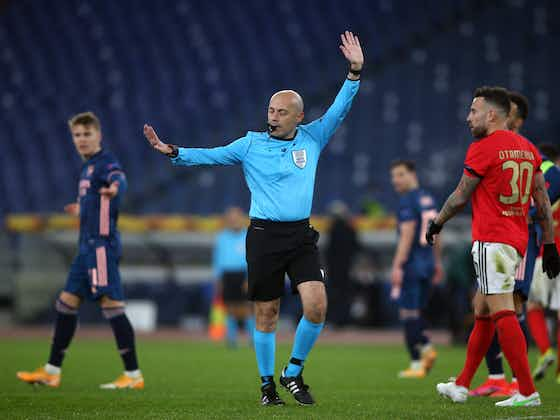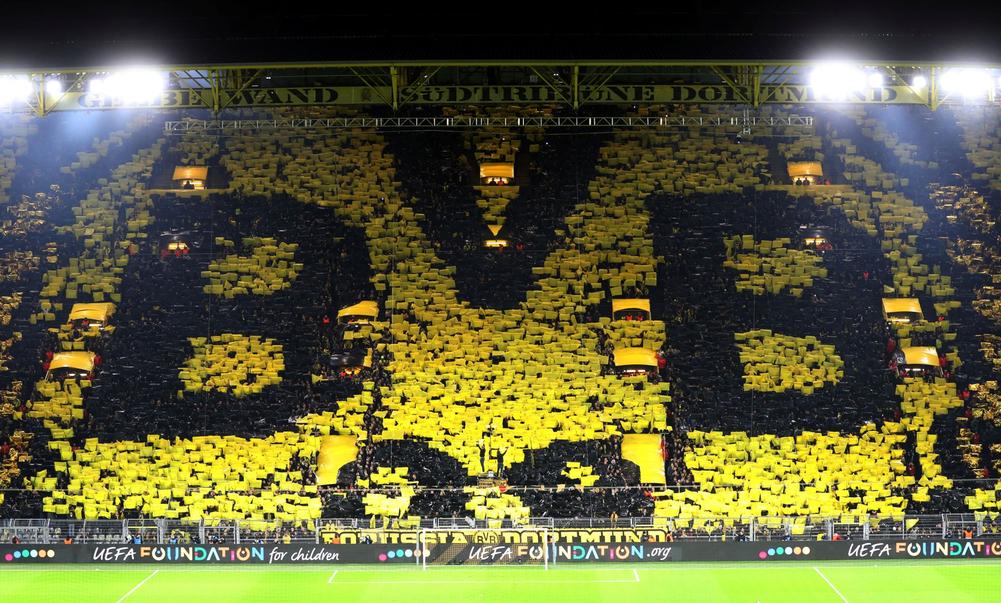
Halftime in soccer is when one team takes a break. It usually lasts 15 to 10 minutes. It was not as tightly controlled as it is now. For example teams from different regions or age groups may have used different rules. Halftime allowed the game to adapt to these differences.
15 minutes
Halftime is an important break for soccer teams. The 15-minute period influences their performance in second half. Halftime allows players to stretch and get snacks. It also gives them the opportunity to pump their bodies up. Halftime routines are important in order to get the most from this break.
A soccer game can see players burn as much as 5700 kJ of their energy. To perform at peak levels, they must replenish that energy. In addition, halftime provides a chance for players and coaches to analyze the play of the first half and to re-calibrate their strategies.

Traditionally, halftime in soccer is 15 minutes, but that could change. Injuries were introduced by the English Football League in 1890s. The length of injury time is not yet known and it's impossible to pinpoint the exact time. Despite all the confusion, a halftime stop can help improve a game’s momentum.
Halftime allows the teams to switch fields and prepare for the next half. Halftime is also a time for the referees make any necessary changes in the game. It also provides the players with time to reassess their strategy and recover from their injuries. It's an important milestone in a soccer match.
Halftime in soccer is crucial for players, coaches, as well as spectators. Halftime in soccer is crucial because there's so much to do during a match. The break is critical, regardless of whether either team is winning or losing.
10 minutes
Halftime in soccer lets teams switch sides during the game. This allows both teams to have a change of scenery and is also a time to reset their strategy. Halftime can serve as a time for both the referee and the teams to evaluate their game performance.

Halftime allows coaches to evaluate their teams' performance, assess previous play and strategize for next half. The first half of a soccer match lasts approximately 45 minutes, while the second one lasts nearly 90 minutes.
Halftime has always been an important part soccer. In the early days of soccer, halftime was used to match teams from different organizations. Eton and Rugby, two schools, were among the first that played against one another. In the early days, half-time allowed for more rest and allowed teams to play against different opponents.
The traditional soccer halftime lasts 10 minutes. Halftime is an important moment in the game for the players, referee, and audience. Halftime allows players to rest, recover and drink fluids.
FAQ
What is a soccer pitch?
A soccer pitch is a rectangular grassy surface divided into two halves by a crossbar. The attacking zone is where the offensive team attempts to score goals. The other half is called the defensive zone. This is where the defense team protects themselves against attacks by the offense.
How do I know if my child is ready to start playing soccer?
When children are able to kick and throw a ball in the air, they should start playing soccer. They should be able to catch the ball and run after it. Before your child joins a league, ensure that he/she is aware of all safety precautions.
What size of soccer ball should I get?
It is best to measure yourself before you decide how large a soccerball you need. Stand straight and keep your arms at your sides. Use a tape measure to measure around your chest, just below your armpits. This measurement will give you the circumference around your torso. Divide this number with 2 and multiply that by 5. Take 40 inches as an example. Divide 40 by 2 then multiply by 5, which will give you 20. This is how big a circle with a diameter equal to 20 inches will be. Using this formula, you can find the approximate size of the soccer ball you need.
Statistics
- Even with the new issuance, control of the club will be retained by the Glazer family as they will retain 67% of B shares which have voting power, so little will likely change in the general approach taken to the finances of the club. (sites.duke.edu)
- the estimated cumulative television audience for the 2006 World Cup in Germany was 26.2 billion, an average of 409 million viewers per match. (en.wikipedia.org)
- Get 10% off your first purchase using code BLOG. (technefutbol.com)
- The word "soccer" is a British invention that British people stopped using only about 30 years ago, according to a new paper by University of Michigan professor Stefan Szymanski. (businessinsider.com)
- They are not just good at dribbling because they are talented alone, but because they put in 100% effort during every practice. (coachtube.com)
External Links
How To
How to improve passing in soccer
The most important skill in soccer (football) is passing. It involves moving the ball from player to player while maintaining possession of the ball. You must be able quickly and accurately pass the ball.
In order to learn how to pass well, you must know what types of passes there are and when and where they should be made. You also need to practice them until they become second nature. There are four types of passes: short passes, long balls and through balls. Short passes are usually made at close range and are usually made to move the ball forward. Long balls are thrown out towards the opponent's penalty area. Through balls can be passed directly into the pitch's middle, and through passes to another team member are used to pass the ball to your goalkeeper.
Keep it simple when passing the ball. Make sure your teammate has enough room before he gets it. Your teammate may lose his balance, or even fall, if he doesn't have enough space to receive the ball. You should cover your teammates whenever possible when playing defense. This way, your opponents cannot easily use them to attack.
You should also remember that you shouldn't throw the ball away during a match. It is easier to score if you throw the ball away, since the opposing player could profit from your mistake. Always look for openings and opportunities to score goals. Look for weaknesses in your defense and take advantage of them.
Practice every day if you want to improve your game. For the next match, practice some drills. Before you begin a match, warm up. Then, you should give everything you have got during the game. Remember to keep your head cool and calm. These will make you more efficient during a game.